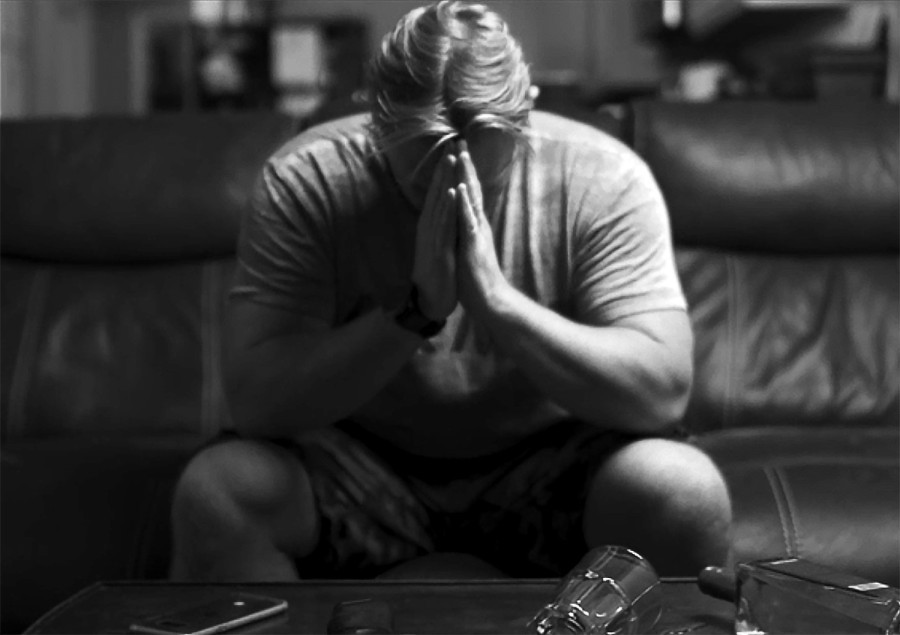

The top Army general said on Tuesday that while there may not yet be hard data to support a correlation between the rise in suicides in the service and the novel coronavirus (COVID-19), he believes they’re likely related.
“Some of the scientists have said they’ve not been able to show causation between [COVID-19] and suicides, but I would argue — at least my sense is — it is having an effect because it disconnects people,” Army Chief of Staff Gen. James McConville said during a press conference. “When we look at the after-action reports of soldiers that have died of suicide, it tends to be situations where relationships have gone bad, where they start to feel that they don’t belong, they think they’re a burden.”
As of Aug. 31, 114 active-duty soldiers died by suicide in 2020 — compared to 88 suicides at the same time last year. Pentagon officials declined to make the connection between the rise in suicides and COVID-19 earlier this month, saying it was “too early to determine” if suicide rates for the total military were increasing.
But McConville said Tuesday that the feeling of disconnection was exasperated by the pandemic, particularly at the beginning.
Army Secretary Ryan McCarthy declined to say if the lockdowns for the pandemic were to blame for a rise in suicides, but said that they are “concerned about the isolation.”
McCarthy said on Tuesday at the opening ceremony of the Association of the U.S. Army’s annual conference that the service was reorganizing its priorities, putting people above readiness and modernization.
That was of particular importance to Army leaders after an already difficult year, which seemed to have challenges at every turn.
“Stress of the unknown has been felt at every level, in our newest recruits on their way to basic training, to the highest levels of the Army leadership,” McCarthy said on Tuesday morning.
“Just because someone can carry the weight, doesn’t mean that it isn’t heavy.”
If you’re thinking about suicide, are worried about a friend or loved one, or would like emotional support, the Lifeline network is available 24/7 across the United States. Call the National Suicide Prevention Lifeline at 800-273-TALK (800-273-8255) to reach a trained counselor. Use that same number and press “1” to reach the Veterans Crisis Line.
